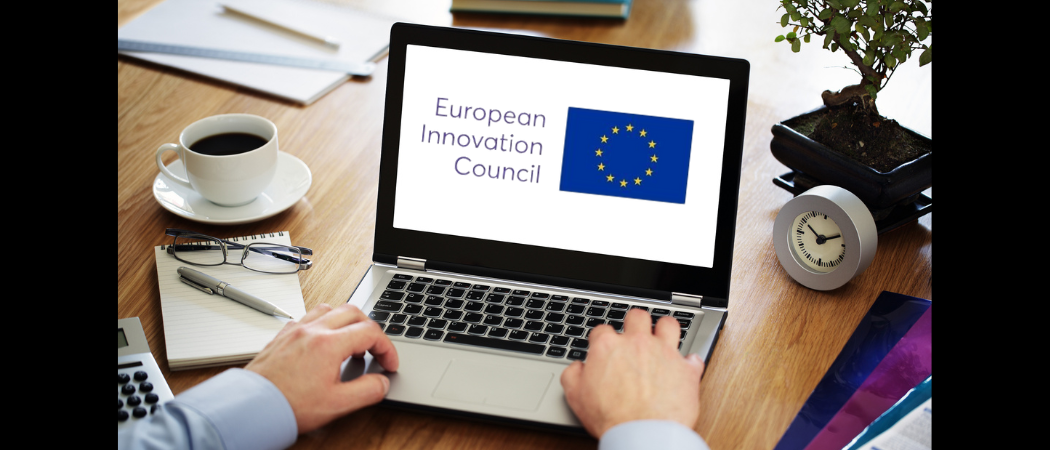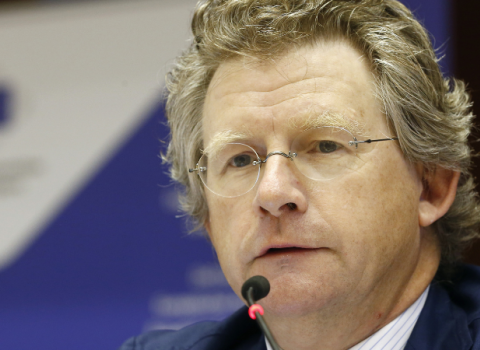EIC Accelerator has set out six challenges worth €300M, on top of €375M for open calls in 2024 Here’s what it is asking of Europe’s tech start-ups and scale-ups

The European Innovation Council (EIC) will put €675 million into promising start-ups this year to support Europe’s technology sovereignty policy.
The budget is smaller than previous years, as EU recovery money runs out, but the ambition to cook up the next generation of European tech leaders isn’t waning, as geopolitical tensions run high.
The EIC’s promise is to bridge the valley of death European companies face in making the transition from academic lab to commercial enterprise, and the subsequent challenges of raising the capital needed to scale up. Europe has the talent and ideas, but its investors have a limited appetite for risk.
This push is driven…
Discover the latest in research funding every Tuesday with Funding Newswire. Dive into detailed articles with our monthly or yearly subscriptions or start with a free trial
NOTE: if you're a part of one of our Network member organisations, you get free access by signing up with your institutional email. Verify your eligibility here.





 A unique international forum for public research organisations and companies to connect their external engagement with strategic interests around their R&D system.
A unique international forum for public research organisations and companies to connect their external engagement with strategic interests around their R&D system.